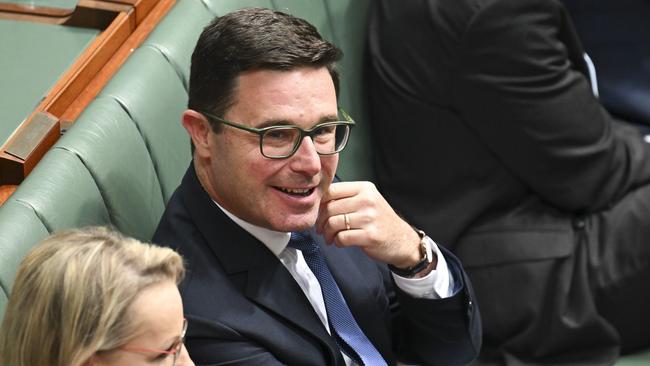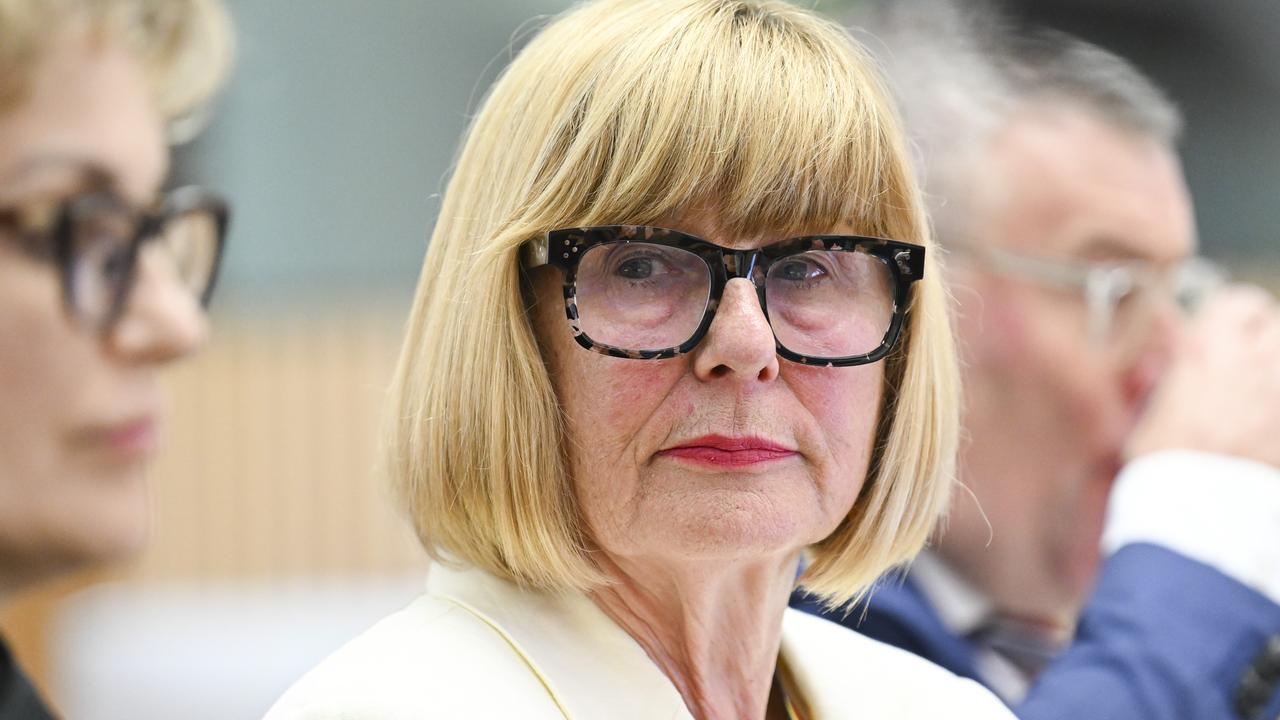Mixed outcome for regional universities under foreign student caps
More than half of regional universities would have seen foreign student numbers increase above pre-pandemic levels under Labor’s caps.

More than half of regional universities would have seen their foreign student numbers increase above pre-pandemic levels under Labor’s international student caps, as Nationals leader David Littleproud attacks the model for short-changing providers in the bush.
After Peter Dutton decided to join the Greens in voting against legislation capping international student numbers at 270,000, Mr Littleproud criticised the government for overseeing a model where regional universities were “getting done over again”.
Declaring that there were “broader problems” with the legislation, Mr Littleproud accused the government of using the caps to increase international student numbers for elite, metropolitan universities and decrease the allocation for regional higher education providers compared to before the pandemic.
“This is a sleight of hand in helping metropolitan unis over regional unis,” he told the ABC.
“The government promised to return to pre-pandemic caps and in fact they’ve increased the amount that’ll go to metro unis and they’ve reduced the amount on the proposed caps that they’re introducing to regional universities. The only assurance that regional universities have is a Coalition government.”
But six out of the nation’s 10 regional universities have seen an increase in their student cap allocation for next year compared to the number of students they enrolled in 2019, Department of Education figures reveal. They are the universities of New England, Southern Queensland, Sunshine Coast, James Cook, Tasmania and Charles Darwin.
Overall there was a fall in total international commencements from 19,021 in 2019 to 15,900 under the planned cap allocations for next year. The number of new students for the Go8 would have increased from 52,048 in 2019 to 57,950 in 2025 under the proposed caps, although next year’s numbers would have been well down on the 80,673 international commencements at top universities in 2024.
Education Minister Jason Clare accused the Nationals of “caving into the big cities” rather than fighting for the regions, by opposing the caps and allowing controversial Ministerial Direction 107, which favours visa applications from students attending low-risk providers, to remain in place.
Mr Clare also criticised the Coalition for voting against the bill because the Opposition Leader wanted to pursue deeper cuts than Labor, arguing a future government could set the caps at any number of its choosing.
“By getting into bed with the Greens, the National Party are betraying their local communities,” Mr Clare said. “Our caps will increase the number of international students at regional universities and reduce them in the big cities. That’s what the Nationals say they want.”
Regional Universities Network executive director Alec Webb said he had concerns with the caps because they did not provide a plan for the sector beyond next year, and left some regional universities significantly worse off.
“A lot of regional universities have not regained their international student enrolment levels to pre-pandemic levels,” he said.
“And when setting the caps, we noticed the caps were set, in some cases, up to a third lower than the 2019 enrolment levels.
“And so the question that we have, and where we were unhappy is, where’s the certainty and where’s that pathway back to pre-Covid growth?”
Opposition education spokeswoman Sarah Henderson said Mr Clare had “badly botched” the legislation, raising concerns about the exemptions for school, non-award and English language students, which would add about 100,000 extra temporary migrants.
“Labor’s student cap is all smoke and mirrors,” she said.





To join the conversation, please log in. Don't have an account? Register
Join the conversation, you are commenting as Logout